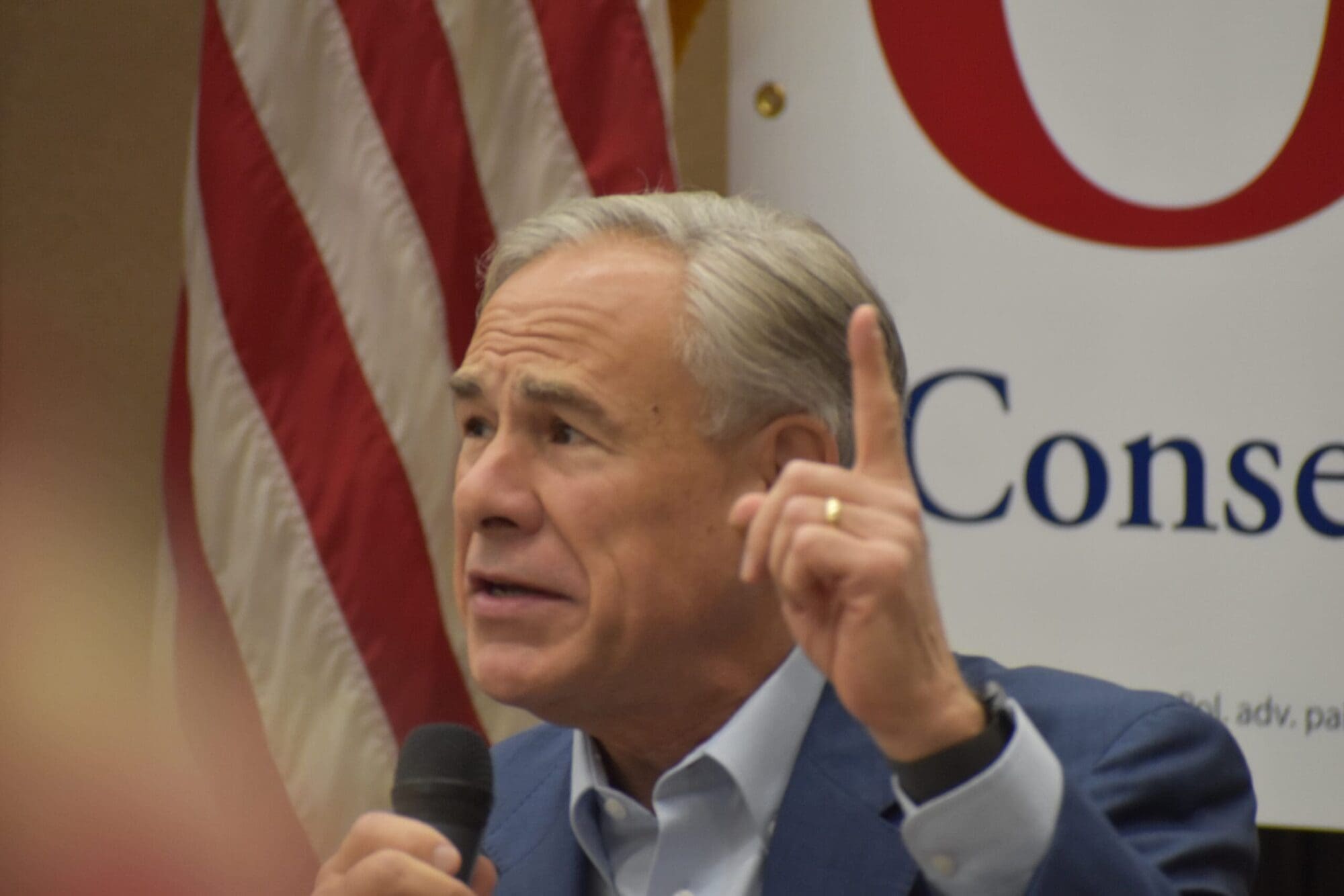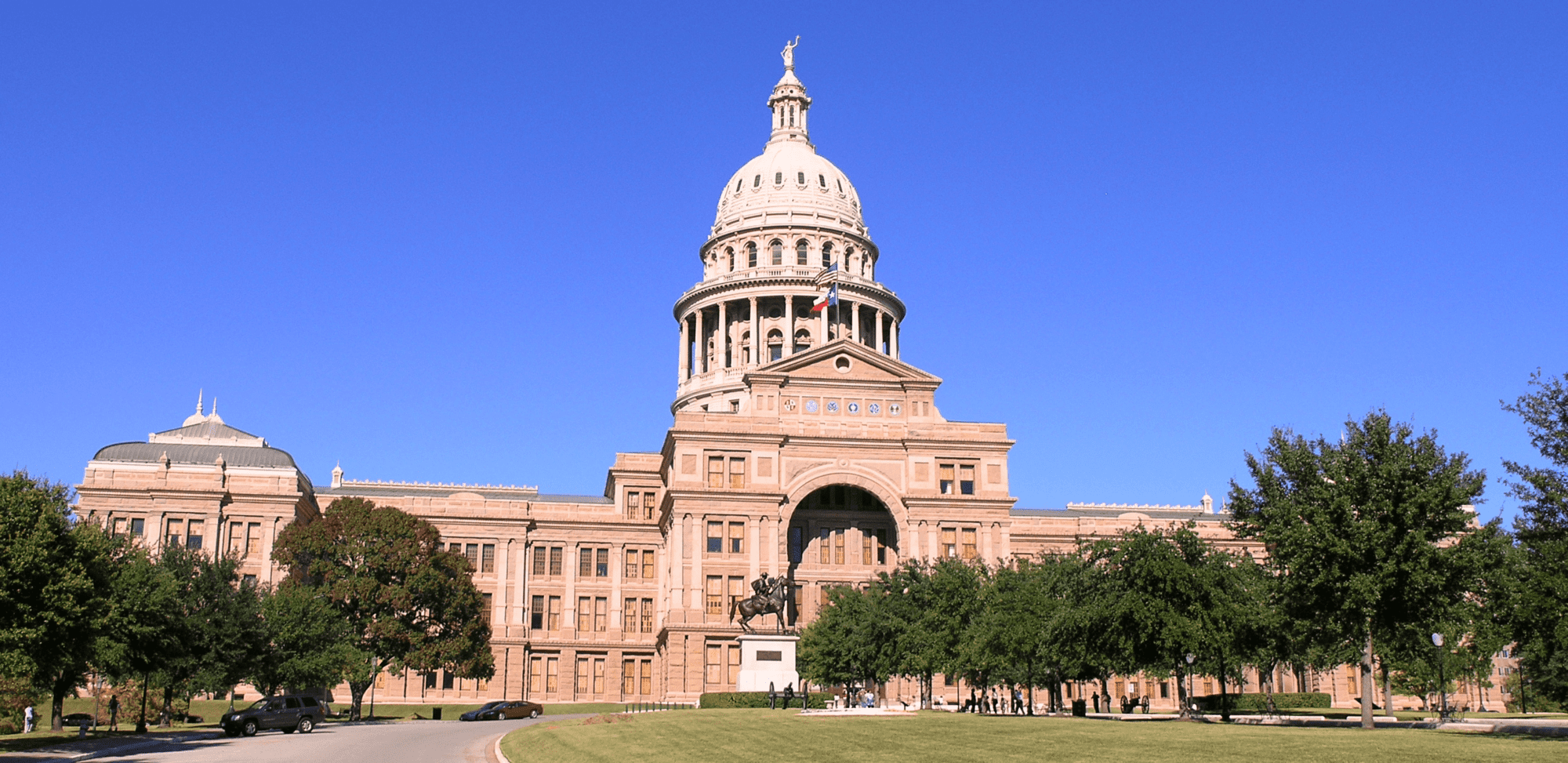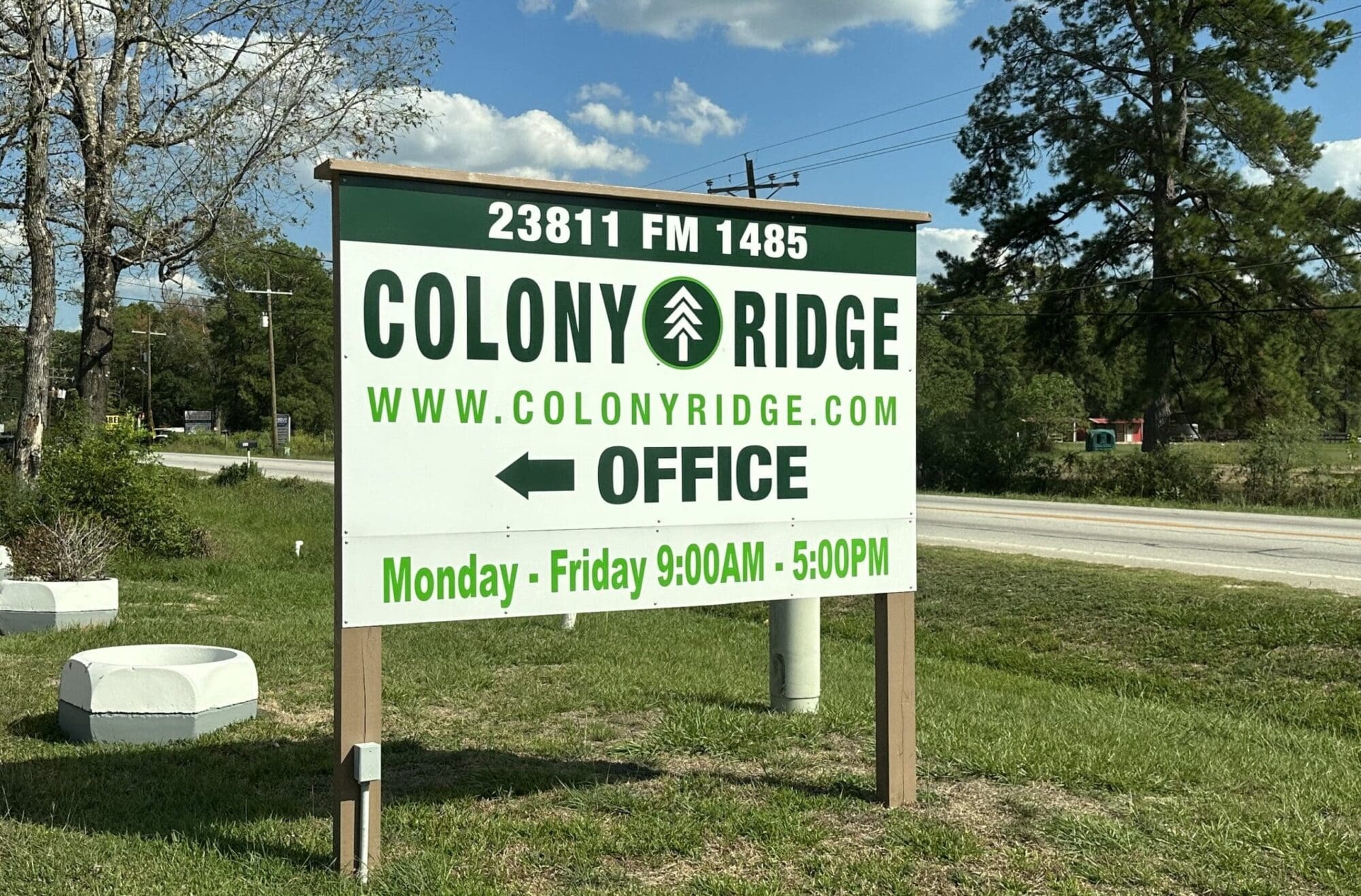Texas consumers will soon be paying more for electricity. But this isn’t because of deregulation and greedy electricity companies, as is so often claimed. Instead, it is the result of some decisions soon to be made by Texas’ Public Utility Commission.
Energy efficiency and renewable energy are all the rage these days as protection from dirty air and global warming. And believe it or not, Texas is at the forefront of these fads.
Texas is the leading producer of electricity from wind, having passed enviro-friendly California a few years back. Our energy-efficiency program has been in place for years.
Yet Texas’ progressive green energy agenda comes at a cost to every Texan.
The cost of the energy efficiency program was about $105 million in 2009. Meanwhile, direct wind-energy costs will run about $41 million this year, but unallocated system costs could be twice as high. Within a few years, after the construction of hundreds of miles of transmission lines to west Texas is completed, wind energy could cost Texas consumers over $1 billion per year.
In 2009 the Texas Legislature took a look at these green power programs. Many bills were proposed, but none passed. The costs of these programs to consumers were the main reason the bills failed. Now, however, the PUC is picking up where the Legislature left off, apparently not sharing the cost concerns of our lawmakers.
The PUC is considering rule changes that would greatly expand the state’s energy efficiency program, at a cost to consumers of about $345 million in 2014, and as much as $681 million in 2016. A similar expansion of subsidies for solar and biomass generation could cost over $100 million a year. This means residential electricity bills could increase by as much as $5 a month.
Why is the PUC doing this?
One reason put forward is that energy efficiency makes electricity cheaper. The problem is that while energy efficiency does make electricity less expensive, the state’s program does not.
The claim of savings rests on flawed estimates. For instance, the PUC says that if the program offers a $50 rebate on a refrigerator that saves $10 a year on electricity, it claims that the program saves money beginning in year six. Yet refrigerators can costs $400 or more. So a $10 a year savings on a $400 investment is a 40 year payout, much longer than the life of a refrigerator.
The payout on an investment in solar is similarly long. PUC Chairman Barry Smitherman has estimated he’ll break even on the solar panels installed on his home after 42 years.
When faced with these facts, the PUC falls back on the claim that although individuals may pay more money, “the public benefit anticipated as a result of enforcing the amendment will be … a decrease in overall energy consumption.”
If you are confused by this government-speak, let me translate: the PUC says we will all benefit because we will pay more money for less electricity.
Perhaps that didn’t help. The benefits of this proposal may need more explanation.
What’s driving the green energy agenda is a desperate need to save the environment. If we don’t reduce pollution and global warming, we’re told, we are headed for a major eco-disaster. Therefore, if this costs us a little more money now, it is worth it once we take into account these environmental costs.
Too bad the facts don’t match up with this scenario.
Over the last decade, the Texas job and population growth has far outpaced the rest of the country. Not surprisingly, we have significantly increased our energy use. Yet at the same time, we have made dramatic progress in reducing air pollution. In fact, our air is so clean today that the EPA is left to propose limits on emissions that often are below the natural background levels.
On the global warming front, we have all heard of Climategate. It turns out the science isn’t so settled on the claims of man-made global warming. But it doesn’t really matter because Texas is also leading the way in reducing CO2 emissions. Only New York reduced emissions more from 2004 to 2007.
The green energy programs at the PUC will do nothing to help our environment. The free market, in concert with existing environmental regulation, is handling all of the discussed environmental problems — real or imagined. This dearth of environmental and societal benefits leaves us with a bunch of green energy programs that are simply expensive and will drive up the electricity bills of Texas consumers.
Why the PUC wants to increase the programs is unclear. Much easier to discern is the reason that a lot of big businesses want the programs. As we have seen, renewable energy and energy efficiency is expensive. With few people wanting to use these programs, businesses who have invested millions of dollars in them stand lose big money without more help from the government. So they are busy lobbying for it.
These programs bring praise to policymakers for being forward-thinking on the environment, provide guaranteed returns for investors in renewable energy, and reduce the costs of doing business for large companies. Everybody wins — except taxpayers and consumers.
Michael Quinn Sullivan is president of Texans for Fiscal Responsibility (www.EmpowerTexans.com) a non-profit organization based in Austin.




